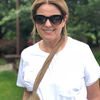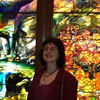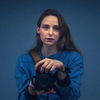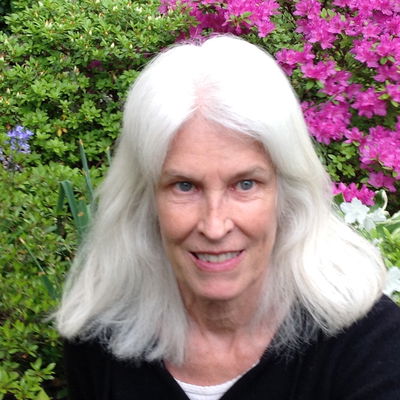
- Bring your own drinks
- Alcoholic and non-alcoholic drinks provided
-

- Dogs live here
-
Wheelchair access
- Not wheelchair accessible
-
- Some stairs may be present in the space
This is a groupmuse
A live concert in a living room, backyard, or another intimate space. They're casual and friendly, hosted by community members.
Host
Walk through a Winter garden to our West Village townhouse for an evening of romantic music from the 19th and 20th centuries, performed by pianist Junwen Liang. Doors open @ 7:30 pm, music starts around 8 pm. Enjoy wine, beer, seltzer, cheese & crackers as you chat with fellow music lovers. Feel free to bring a beverage to share. Some of Carol Chave's recent tapestries will be on view and available for sale, proceeds go to the IRC for global refugee relief.
What's the music?
Ignacy Jan Paderewski
Legend (Op. 16 No. 1)
Nocturne (Op. 16 No. 4)
Cracovienne fantastique (Op. 14 No. 6)
Stephen Hough/Rodgers & Hammerstein
Hello, Young Lovers
My Favorite Things
Frederic Chopin
Ballade No. 4 in f minor, Op. 52
Nocturne in D-flat Major, Op. 27 No. 2
Two Etudes (Op. 25 No. 6 & Op. 10 No. 5)
Franz Liszt
Hungarian Rhapsody No. 12 in c-sharp minor
Where does this music come from?
The program traces a broad arc of Romantic expression, beginning with the legacy of Ignacy Jan Paderewski—composer, statesman, and one of Poland’s most revered musical figures. His Legend (Op. 16 No. 1), Nocturne (Op. 16 No. 4), and Cracovienne fantastique (Op. 14 No. 6) reflect a world where folklore, lyricism, and national identity intertwine. That spirit of personal voice and cultural nuance then flows naturally into Stephen Hough’s musical-theatre transcriptions on Rodgers & Hammerstein (Hello, Young Lovers and My Favorite Things), a contemporary continuation of the 19th-century tradition in which pianists like Liszt and Godowsky reimagined popular melodies for the concert stage.
The program moves deeper into the Romantic canon with Chopin’s Ballade in F minor (Op. 52), the Nocturne in D-flat major (op. 27 no. 2), and two of his Études (Op. 25 No. 6 and Op. 10 No. 5)—works that helped define the piano’s expressive and technical possibilities. As a culminating gesture, Liszt’s Hungarian Rhapsody No. 12 expands these ideas into a dazzling, larger-than-life celebration of virtuosity and folk stylization. Taken together, the program reflects how composers across generations—whether rooted in legend, theatre, or national song—pushed the piano toward ever-wider realms of storytelling and emotional resonance.
Location
Exact address sent to approved attendees via email.
This is a groupmuse
A live concert in a living room, backyard, or another intimate space. They're casual and friendly, hosted by community members.
Host
Attendees









 Continue with Facebook
Continue with Facebook
 Continue with Google
Continue with Google
 Continue with Apple
Continue with Apple
Comments
Comment sections are only for participants.